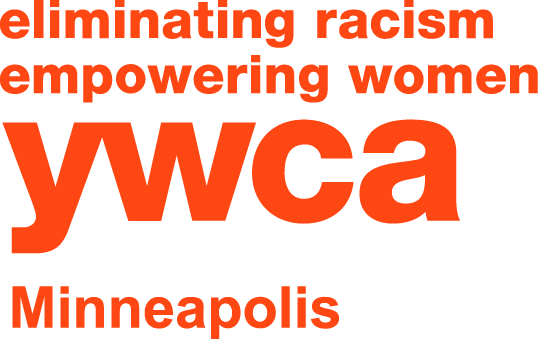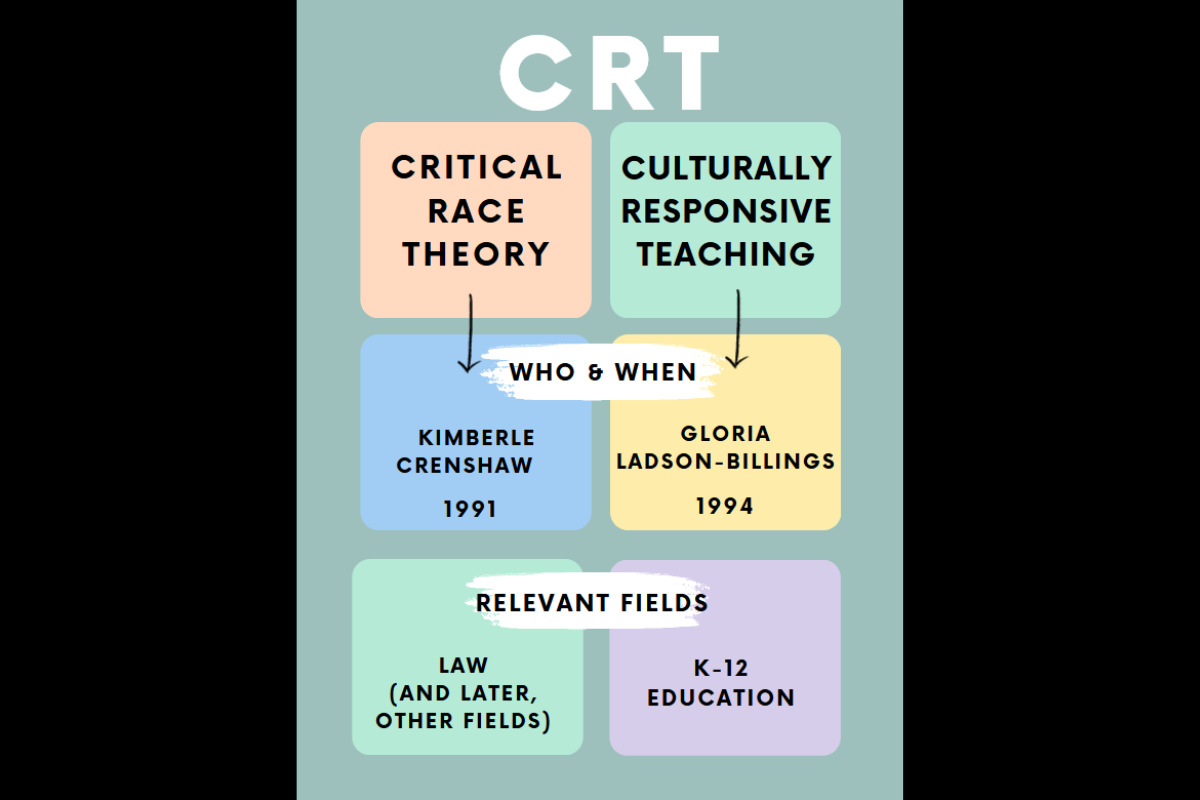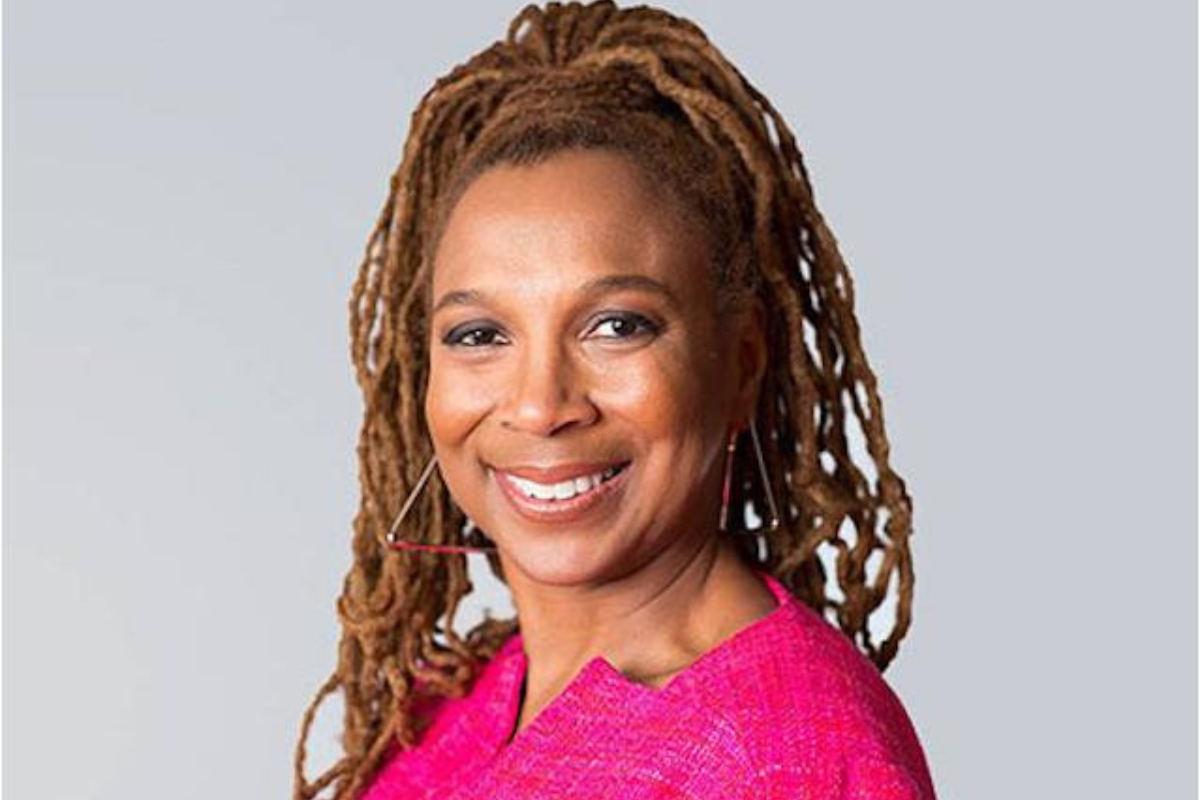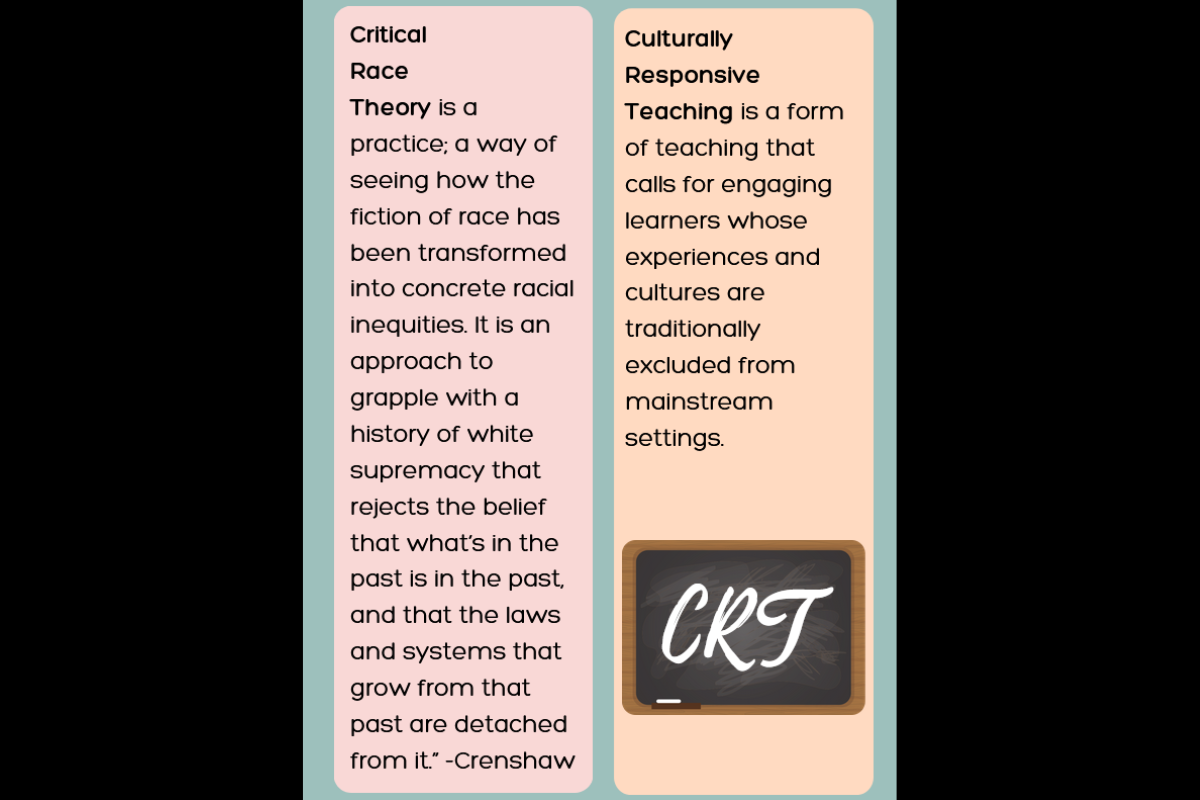Critical Race Theory vs. Culturally Responsive Teaching
The phrase "CRT" entered our lexicon in recent years as our society began grappling with the concept of Critical Race Theory. In fact, YWCA Minneapolis held space for a conversation about this very topic. It is, however, essential to note that "CRT" is also an acronym for Culturally Responsive Teaching.
In K-12 education settings, this latter reference to CRT refers to a vital framework grounding educators, youth workers—and all who aspire to be socially aware—to shift teaching and guiding principles to recognize cultural and historical differences. Acknowledging the status of various populations in systems of power means honoring students—rather than systems—with culturally responsive teaching.
This counters the one-size-fits-all processes and results in better educational outcomes and more authentic relationships. However, having two "CRT" acronyms in public dialogue can be confusing, so we put together this chart and quotes from respective pioneering academic theorists for greater contextual understanding.
Critical Race Theory
Kimberlé Crenshaw breaks it down. "Critical race theory is based on the premise that race is socially constructed, yet it is real through social constructions." In other words, ask yourself, what is a “Black” neighborhood? Why do we call it "the hood?'"
"Labels like these were strategically produced by American policy," says Crenshaw. And, "critical race theory says the idea of a Black person—'who I am in this country'—is a legal concept."
“Our enslavability was a marker of our degradation, and our degradation was a marker of the fact that we could never be part of this country,” Crenshaw said.
”Our Supreme Court said this (in the Dred Scott v. Sandford ruling of 1857) and it wasn’t a close decision.”
Critical race theory examines the ripple effects of such decisions and asks us to scrutinize how and why society looks the way it does. “These are the kinds of questions the other side doesn’t want us to ask because it wants us to be happy with the contemporary distribution of opportunity,” Crenshaw explains.
Culturally Responsive Teaching
“Over two decades ago, Gloria Ladson-Billings introduced the term culturally relevant pedagogy to describe a form of teaching that calls for engaging learners whose experiences and cultures are traditionally excluded from mainstream settings. Based on her research of effective teachers of African American students, Ladson-Billings proposed three goals on which these teachers’ practices were grounded.
First, teaching must yield academic success.
Second, teaching must help students develop positive ethnic and cultural identities while simultaneously helping them achieve academically.
Third, teaching must support students’ ability “to recognize, understand, and critique current and social inequalities.”
By centering these goals in their practice, culturally relevant practitioners can empower students intellectually, socially, emotionally and politically.”
“Culturally responsive teaching is an approach that challenges educators to recognize that, rather than deficits, students bring strengths into the classroom that should be leveraged to make learning experiences more relevant to and effective for them,” Dr. Ladson-Billings said. “Adopting CRT goes beyond celebrating students’ cultural traditions once a year."
Ladson-Billings continues, "Educators who practice CRT set rigorous learning objectives for all of their students, and they continually build helpful bridges between what students need to learn and their heritage, lived realities and the issues they care about. In short, culturally responsive teaching is about weaving together rigor and relevance.”




